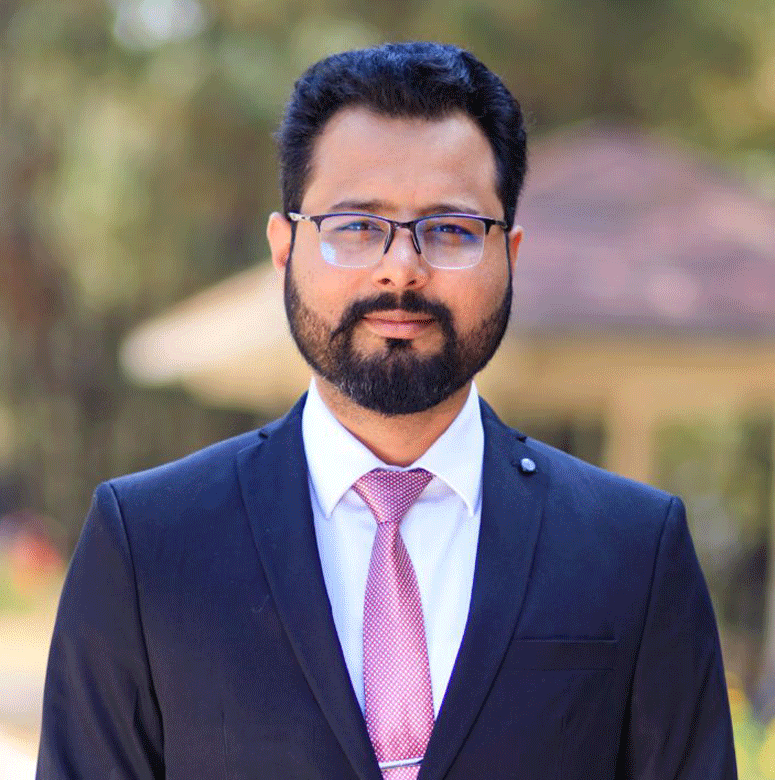How to Stop Addiction?

Have you ever promised yourself “this is the last time”, but end up doing it again and again? Many people quietly ask themselves what addiction is when they notice this repeating cycle. Addiction can feel like a trap with no way out. You could be addicted to anything, whether a substance, a screen, or particular habits. You don’t have to struggle silently alone, as recovery is possible and support is near you.
Addiction
Addiction is characterized as a neuropsychological disorder that affects the brain’s reward system, which involves compulsive seeking of certain substances or behaviours. Addiction can impact relationships, lower self-esteem, disrupt work, and affect physical health. Many people believe that they can stop on their own, but end up being stuck in the cycle.
To explore this topic in detail, check out our In-depth Guide On Addiction.
Why We Avoid Help
Many people delay treatment or therapy due to fear, shame, or stigma. Some people think that recovery means that you have to give up the substance or habit at once, or worry that therapy might be overwhelming, and it is normal to feel this way. But you have to understand that reaching out for support doesn’t mean that you are weak; rather, it demonstrates your willingness for change.
Signs You May Benefit from Therapy
You might consider seeking help if;
- You are unable to control substance use or certain behaviours
- You have tried to quit multiple times, but you are still stuck
- Your health, finances, and relationships are being affected
- Under stressful situations, anxiety, or depression, your cravings increase
Overcoming Addiction
Small steps lead to recovery. These include;
- Trigger identification and avoiding high-risk situations
- Build healthier coping mechanisms, such as journaling or meditation
- Surround yourself with supportive family & friends
- Practice self-compassion
How to Overcome Addiction
The first step to overcoming addiction is acknowledgement and motivation. Studies have shown that motivational interviewing is a crucial step in recovery. Once you are motivated and acknowledge the problem, you can benefit from structured treatment approaches. Cognitive Behavioural Therapy (CBT) is effective for identifying triggers, managing cravings, and replacing negative thinking patterns with healthier coping strategies.
Substance addictions require medical assistance. It includes detoxification followed by maintenance therapies under professional guidance, paired with therapies for better recovery outcomes. Social support is equally important.
Long-term recovery requires lifestyle changes, including regular exercise, mindfulness practices, and stress management techniques. Besides, ongoing therapy and relapse prevention planning ensure that you have sustained progress.
How to Quit Addiction
Addiction is difficult to quit, but not impossible. Research shows that with the right approach and combination of medical help, psychological support, and lifestyle changes, one can recover better.
- The first step is to acknowledge the problem
- Once you are honest with yourself, seek medical help. Doctors, psychiatrists, and addiction specialists are available for your help.
- Therapy and counselling, including cognitive behavioural therapy and motivational interviewing methods, are proven to develop healthy coping skills.
- Support groups and support from family and friends help in long-term recovery.
- Healthy lifestyle changes.
Saalvio Supports You
Saalvio helps you quit addiction through:
- Free consultations
- Journaling and CBT therapy
- Live therapy sessions with therapists according to language, speciality, and culture
- Culturally sensitive and faith-based options are also available
Recovery
Recovery starts when you take just one little step, such as booking a consultation, downloading a self-reflection worksheet, or just listening to a guided audio. Small choices make a bigger impact.


